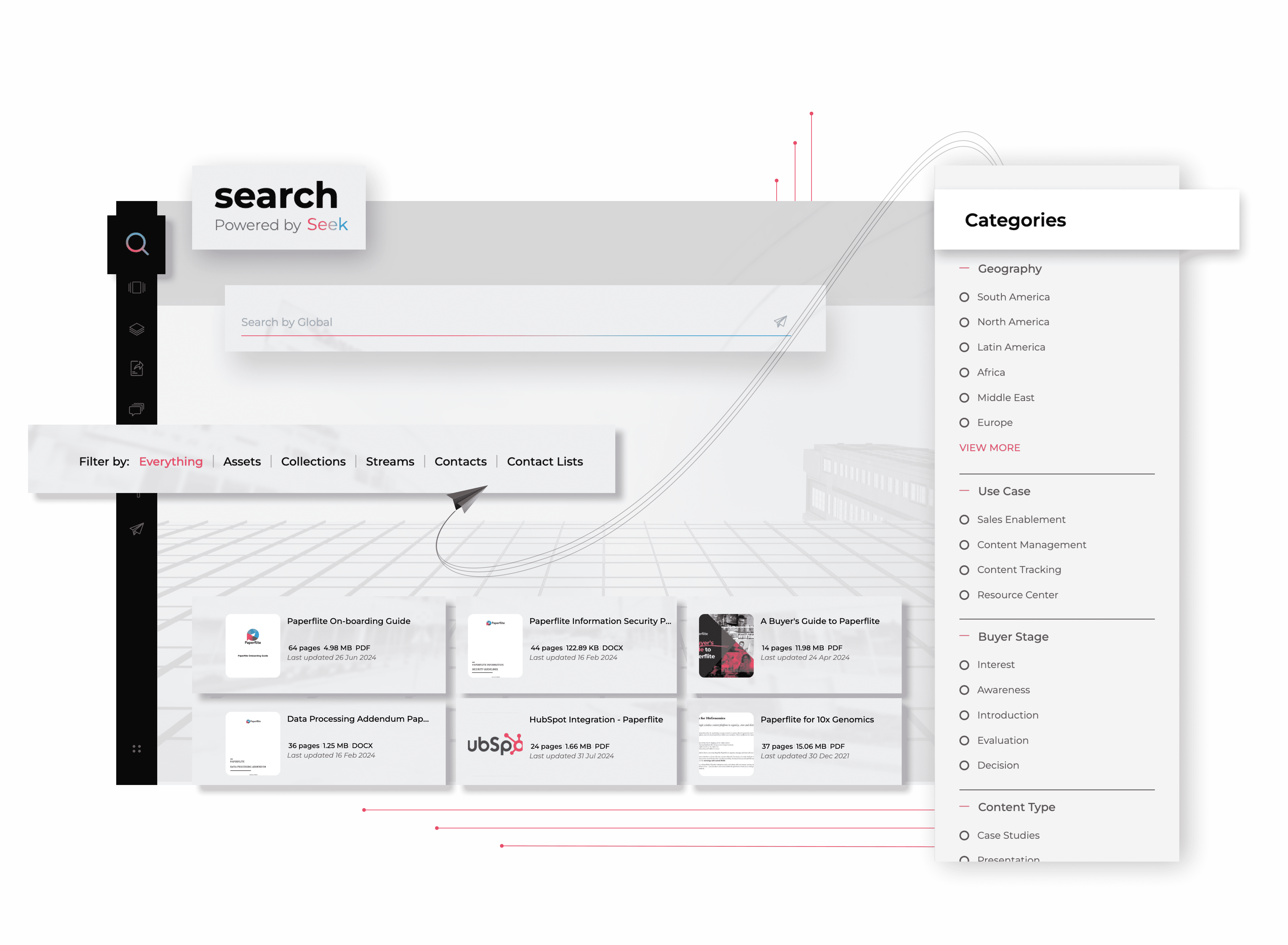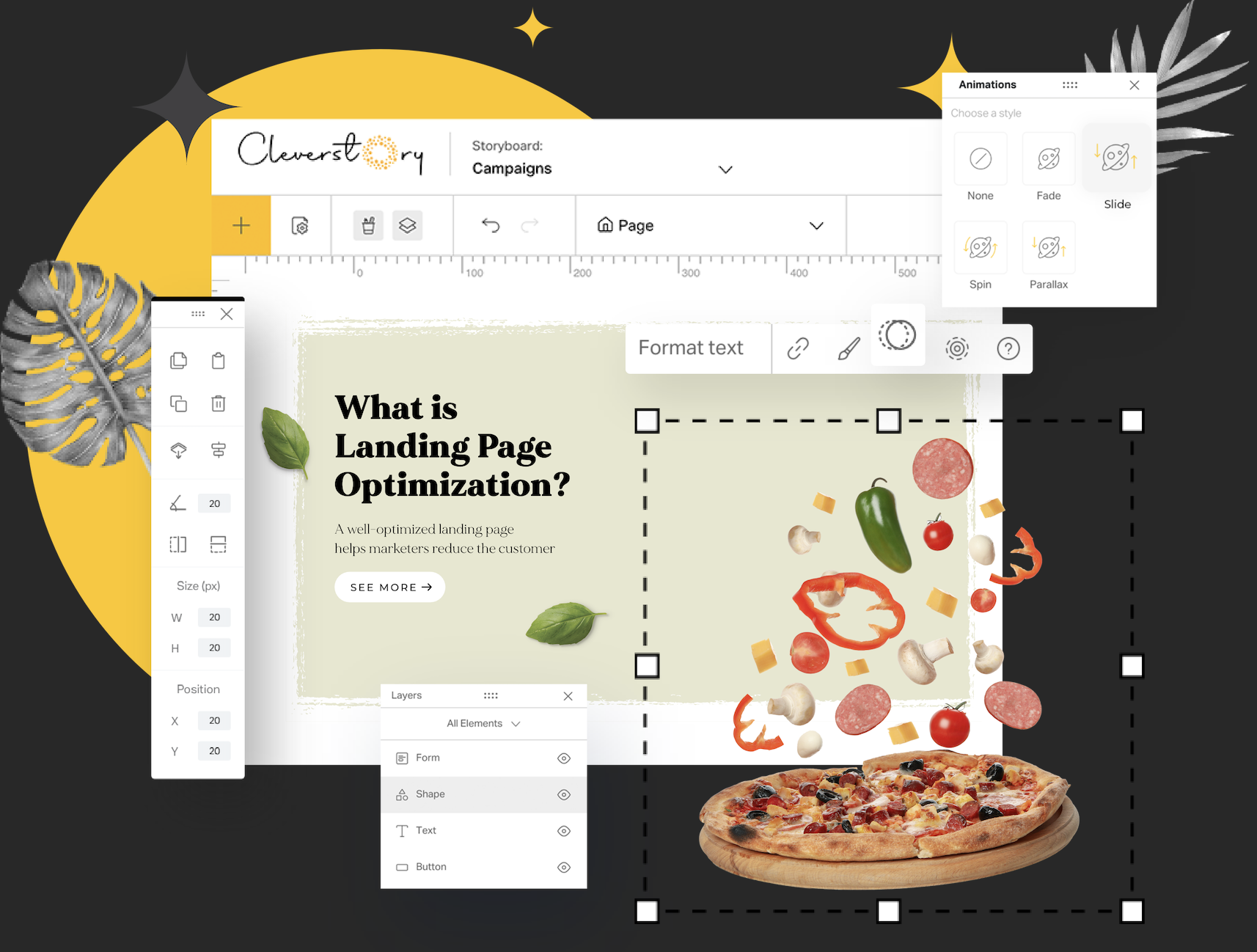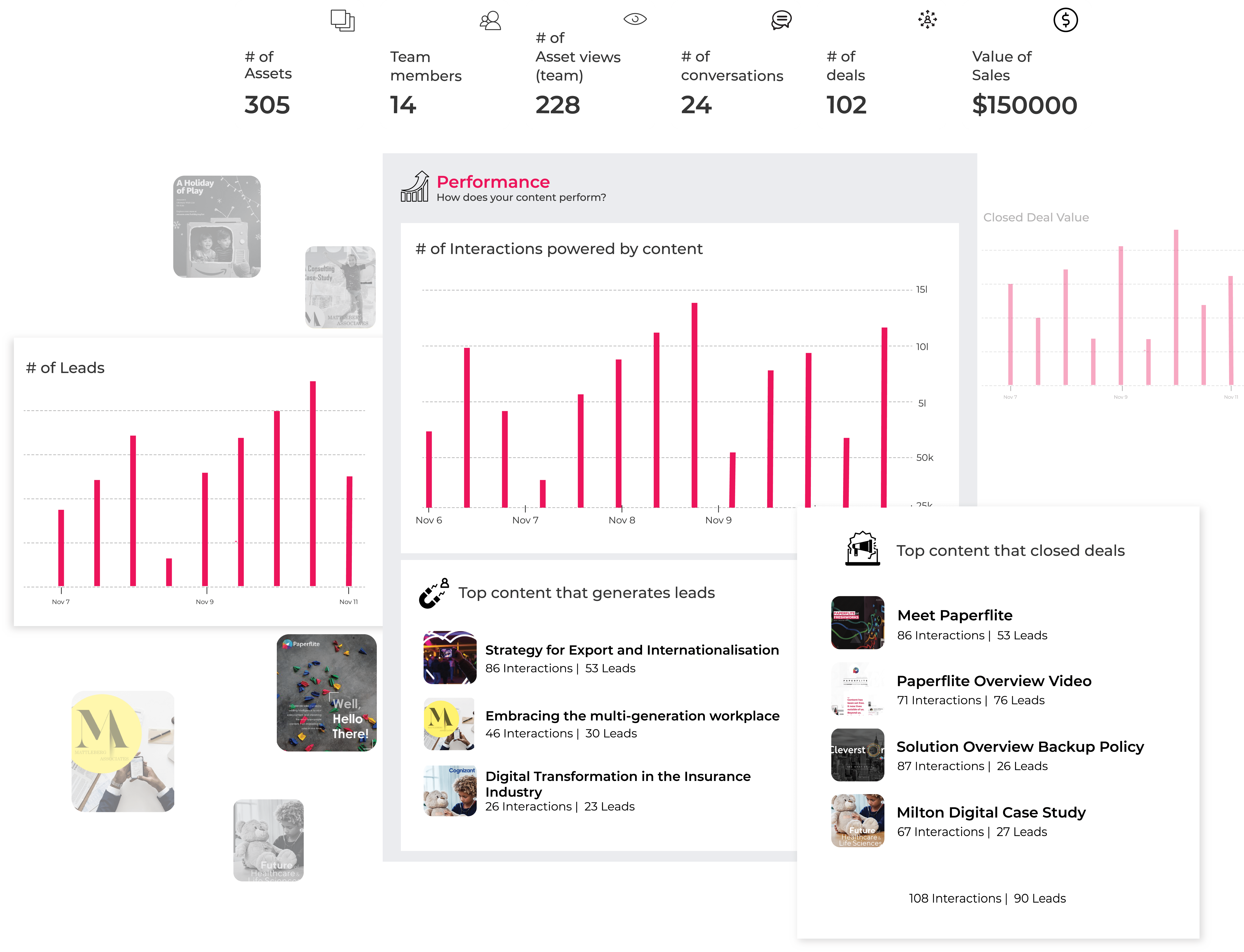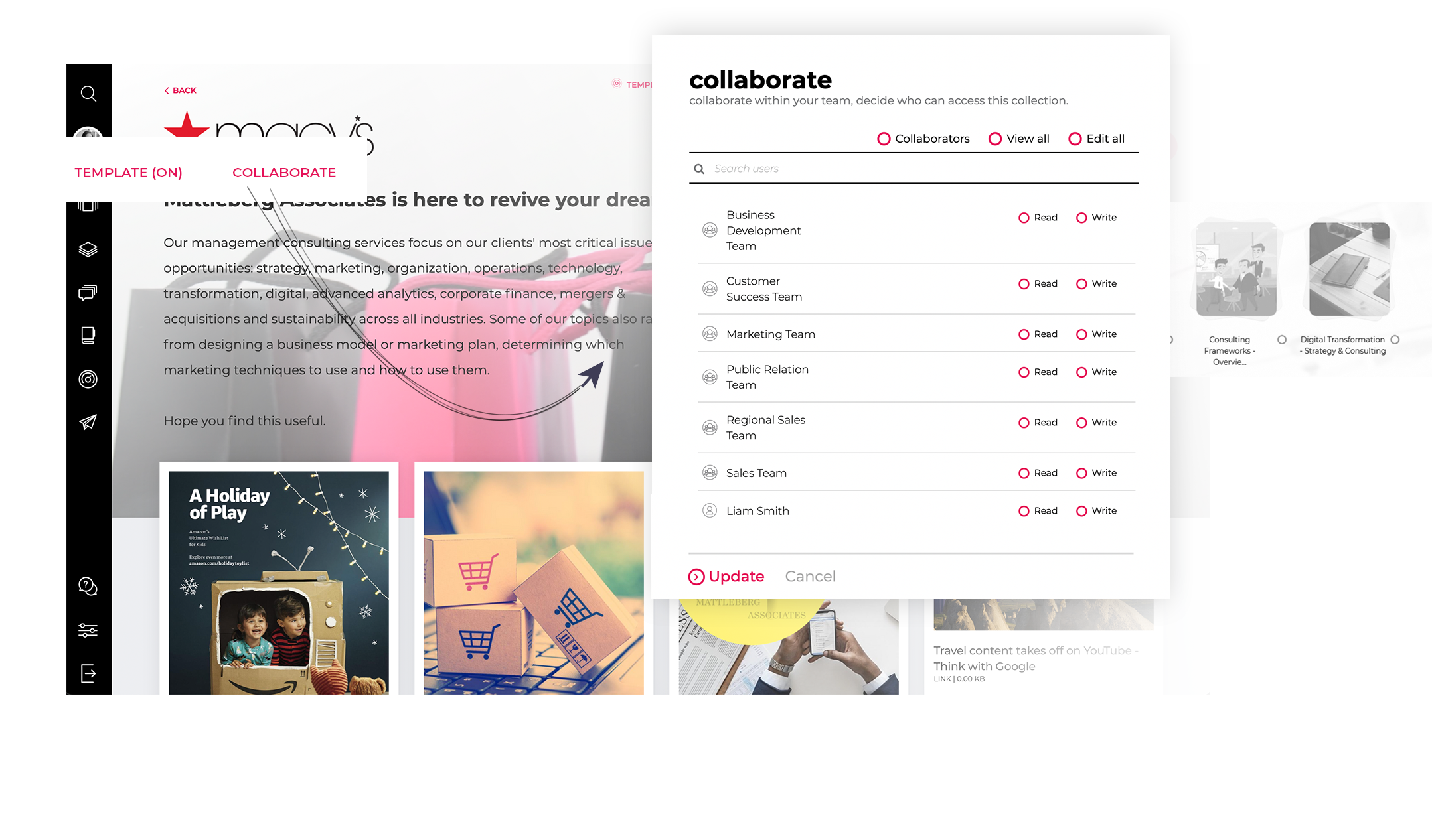Sales Enablement for Manufacturing Industry
The why and how Sales Enablement comes in Manufacturing Sector
As the manufacturing industry evolves amid rising global competition and higher customer expectations, sales enablement has become increasingly essential.
Manufacturers face unique sales challenges, including long sales cycles, complex buyer journeys involving multiple stakeholders, and demands for customised solutions.
Sales enablement addresses these issues by equipping sales teams with tools, resources, and training that enhance engagement and productivity, allowing them to navigate technical selling, maintain buyer engagement over extended cycles, and effectively differentiate their offerings in a crowded market.
This blog explores these challenges and offers a strategic approach to implementing sales enablement in the manufacturing industry.
Challenges Faced by Manufacturing Sales Teams
Manufacturing companies face a range of obstacles that impact the effectiveness of their sales teams. The sales process in manufacturing is fundamentally different from other industries due to the nature of the products, the purchasing cycle, and the stakeholders involved.
Manufacturing companies often grapple with:
Long Sales Cycles
Challenge: Manufacturing sales cycles are notoriously long. It’s not uncommon for deals to take months, or even years, to close. This is due to the extensive product specifications, the large number of stakeholders involved, and the considerable investments required. Additionally, manufacturing deals often involve lengthy contract negotiations, compliance checks, and multi-step approval processes. These long cycles can lead to frustration for both sales reps and prospects.

Solution: Sales enablement helps in creating highly personalised content which has better chance of resonating with your prospect than the one size fits all approach. This helps to reduce the frictions in the decision making process, With a centralised content library in place Paperflite makes it very easy to store and retrieve the right content at the right time again reducing the time taken to find content and also reducing the occasions where the sales rep accidentally send redundant content or being unable to find the right content during the call.
Difficulty in Communicating Complex Products
Challenge: Manufacturing products tend to be highly technical and complex, which makes it difficult for sales reps to effectively communicate their value proposition. The technical jargon and intricate features can overwhelm prospects, especially those who may not have a deep understanding of the products. This often results in unclear messaging and lost opportunities.

Solution: Sales enablement ensures that reps are trained and equipped with the necessary resources to simplify the communication of complex products. Cleverstory helps with making Interactive product demos, serves as a visual aids help sales teams break down technical details in ways that are easily digestible for prospects. This not only enhances their ability to communicate complex information but also builds confidence in their interactions with potential customers and it also helps to make the demos more engaging and retaining your prospects attention.
Personalisation of Sales Content
Challenge: Manufacturing sales teams often deal with a wide variety of customer profiles. Whether selling to small businesses or large enterprises, the needs of each customer can differ significantly. However, many sales reps default to using generic pitches, which fail to address the specific pain points or needs of each client. This lack of personalisation can lead to disengagement and lost sales.

Solution: Sales enablement helps to provide tailor - fit sales content based on customer profiles, industries, and pain points. By delivering more relevant content, This approach ensures that communication resonates with specific client needs and preferences. Paperflite takes this up a notch, It helps you to track your content that is shared with your prospects and helps you to exactly understand what resonates with your audience - based on the time spent on a content, where they spent most time, the number of downloads, shares and views etc.. This helps you in making very highly specific personalised content that is backed by data.
Misalignment Between Sales and Marketing
Challenge: In many manufacturing companies, sales and marketing teams operate in silos. Marketing produces content, but it may not align with the specific needs of the sales team. This disconnect leads to inefficiencies, inconsistent messaging, and frustration on both sides.

Solution: Sales enablement aligns sales and marketing by providing shared platforms and collaborative tools. Marketing can see what content is being used by sales and how effective it is, and Paperflite helps to get more at the same time, sales has easy access to all marketing collateral and can provide feedback on what works and what doesn’t. This alignment ensures consistent messaging and more efficient workflows.
Lack of Training and Resources
Challenge: Continuous learning and development are crucial for manufacturing sales teams, especially given the rapid pace of innovation in the industry. However, many companies struggle to provide consistent and ongoing training. As a result, sales reps may lack the skills or knowledge required to sell new products or keep up with industry trends.
Solution: Sales enablement supports ongoing training by providing structured onboarding programs, playbooks, and on-demand learning modules. These resources help reps stay up-to-date on new products, selling techniques, and market conditions, ensuring they’re always prepared to meet the needs of their prospects. Sales reps are provided with interactive e-learning modules through the sales enablement platform that include product specifications, competitive comparisons,
How Sales Enablement Increases ROI for the Manufacturing Industry
Now that we’ve explored the key challenges, let’s take a closer look at how sales enablement can drive tangible improvements in ROI for manufacturing companies.
1. Faster Sales Cycles:
Sales enablement reduces the time required to move prospects through the pipeline. By providing timely resources, automating workflows, and equipping reps with insights into the buying process, sales enablement ensures that prospects are engaged at the right time with the right content, ultimately shortening the sales cycle. According to a report by McKinsey & Company, companies that implement effective sales enablement strategies can reduce their average sales cycle length by up to 25%.
2. Revenue generating content:
A major part of sales enablement revolves around making highly personalized sales collateral that helps sales reps to win deals. They would use feedback from sales reps, data from various tools and Certain tools like Paperflite integrates with your CRM which in turn provides with details of what content is generating leads, content that is producing higher revenue and Content that performs well with your prospect and audience - based on these details it will be easier for the sales enablement teams to create such personalized deal winning collateral.
3. Improved Sales Productivity:
Sales enablement significantly boosts productivity by reducing the amount of time reps spend searching for content. With a centralized content hub and automation tools, reps can focus more on selling and less on administrative tasks, leading to higher efficiency and more closed deals. Enhanced productivity leads to more deals closed in shorter time frames, directly impacting revenue generation.
4. Higher Win Rates
When sales reps have access to personalized and relevant content, they’re better able to address the specific needs of each prospect. This improves engagement, builds trust, and increases the likelihood of closing deals.
5. Better Alignment Between Sales and Marketing
With shared goals and collaborative tools, sales and marketing teams can work together more effectively. This improves the quality and relevance of content, which in turn leads to higher engagement and better conversion rates.
6. Enhanced Data-Driven Decisions
Sales enablement platforms provide valuable data on content performance and buyer behavior. These insights allow sales and marketing teams to continuously refine their strategies, leading to better decision-making and improved results over time. Companies leveraging data-driven insights see an average increase of 15% in revenue growth (Harvard Business Review).
Building a Sales Enablement Strategy for Manufacturing Sales
Implementing a sales enablement strategy is key to achieving the above benefits. Here’s how to build a successful strategy for manufacturing sales:
- Identify Key Stakeholders: Engage cross-functional teams—including sales, marketing, product development, and customer service—to align on goals and expectations from the outset. Establishing clear roles will help streamline efforts across departments.
- Audit Existing Content and Tools: Evaluate your current content library, tools, and processes to identify gaps in the sales process that need addressing. Conduct surveys or interviews with your sales team to understand what resources they find most valuable or lacking.
- Develop a Training Program: Create a structured training program aimed at upskilling sales teams on effectively using new tools and content. Consider incorporating various learning methods such as workshops, online courses, or mentorship programs tailored specifically for manufacturing products.
- Implement a Centralized Content Repository: Establish a central platform where sales teams can easily access and share content across all stages of the sales process. Paperflite offers solutions that help organize content efficiently while ensuring compliance with industry regulations.
- Measure and Iterate: Utilize analytics to track content performance and sales outcomes regularly. Key Performance Indicators (KPIs) such as deal velocity, win rates, and user engagement metrics should guide your strategy adjustments based on insights gained from this data for continuous improvement.
Wrapping up:
In summary, implementing a robust sales enablement strategy is essential for manufacturing companies looking to enhance their sales performance amidst growing competition & evolving market dynamics!
By addressing common challenges such as long sale cycles; communication difficulties; personalization needs; misalignment between teams; & training gaps—organizations can significantly improve ROI while fostering stronger relationships built upon trust & transparency.
If your manufacturing company is looking to streamline its sales processes, increase productivity, and close more deals, investing in sales enablement tools and strategies is the way forward. Platforms like Paperflite and Cleverstory provide the resources and insights needed to empower your sales team and enhance the overall sales experience.
